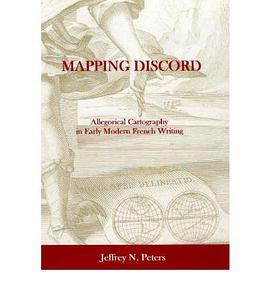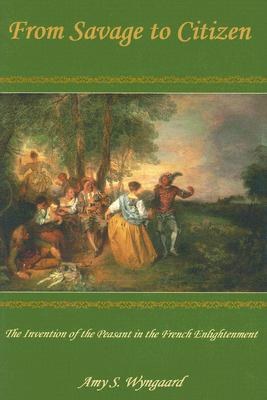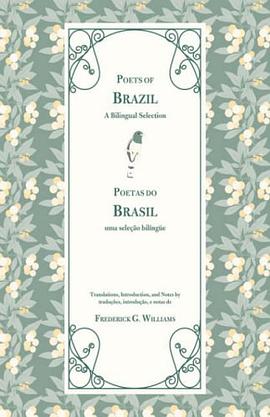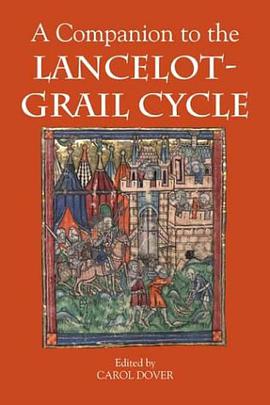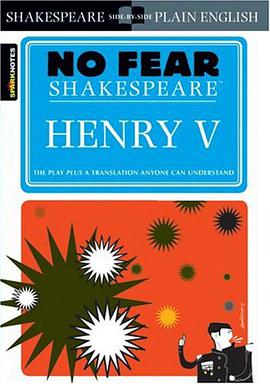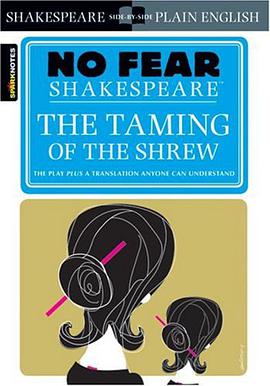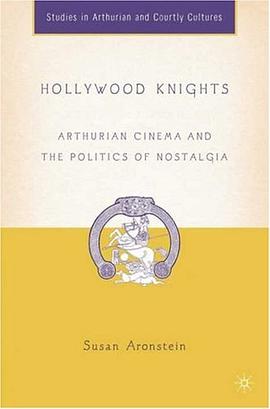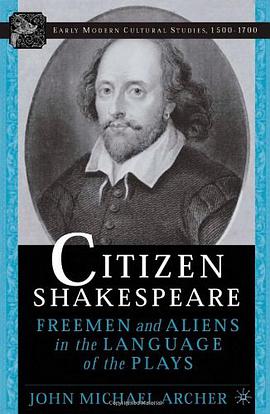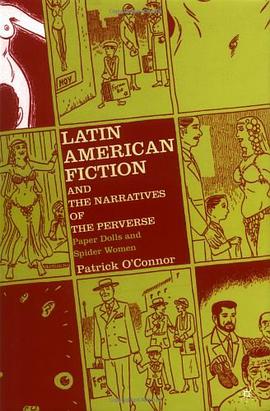

具体描述
Explorers, colonists, native dwellers - all of these people played a role in early American settlement, and the legacy they left was a turbulent one. During the first three decades of the twentieth century, as the United States asserted itself as a world power, poets began to revisit this legacy and to create their own interpretations of national history. In The Colonial Moment, Jeffrey Westover shows how five major poets - Marianne Moore, William Carlos Williams, Robert Frost, Hart Crane, and Langston Hughes - drew from national conflicts to assess America's new role as leader of an empire. Sensitive to the nation's memory of colonial brutality, these poets mingled their pride in America with moral protest against racism. Some identified a dark side to the nation's history, particularly in the contrast between white pioneers and Native Americans, that haunted their otherwise confident celebrations of patriotism. Others used poetry as a vehicle of discovery to challenge existing historical accounts, or employed it to criticize the failures of American democracy. Investigating these five major writers in terms of their cultural and political moment, Westover demonstrates how they dramatized the process of nation-building. Colonization inevitably results in a sense of displacement. Each of these five poets clearly understood such cultural alienation - especially those who belonged to a racial, sexual, or gendered minority. Therefore, they sought to unite their voices in a "vocabulary of the national," a search to define the concept of "we" that would encompass all modern readers while recognizing those whom previous generations had dismissed. In this way, each writer hoped to redeem the country's losses symbolically through language.
作者简介
目录信息
读后感
评分
评分
评分
评分
用户评价
相关图书
本站所有内容均为互联网搜索引擎提供的公开搜索信息,本站不存储任何数据与内容,任何内容与数据均与本站无关,如有需要请联系相关搜索引擎包括但不限于百度,google,bing,sogou 等
© 2026 book.wenda123.org All Rights Reserved. 图书目录大全 版权所有



